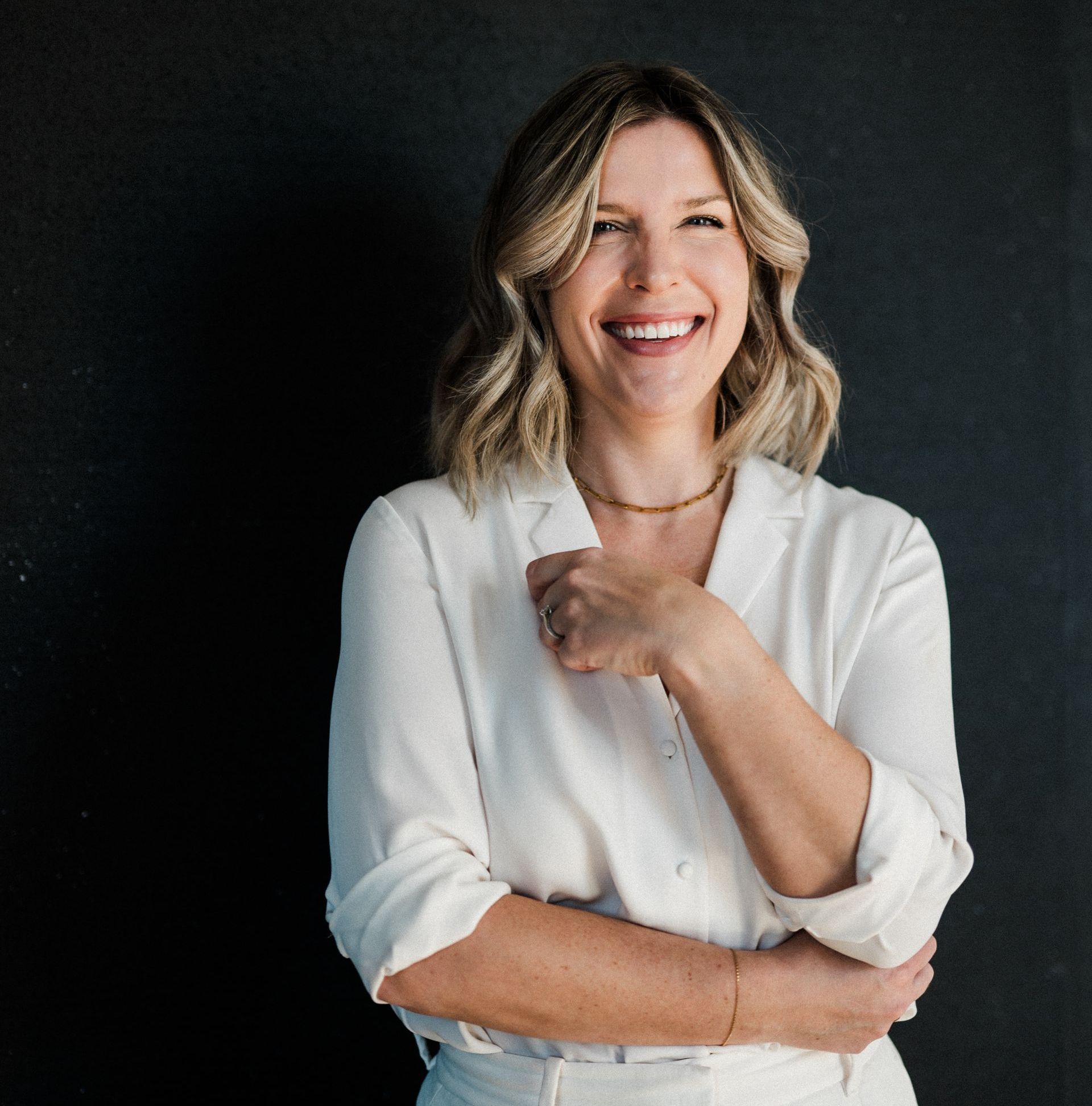No Negative Equity Guarantee
In the quest for a secure retirement, many Canadians consider leveraging their home equity through a reverse mortgage as part of their financial strategy. Yet, a common question that arises in this context is whether they risk owing more than their home is worth.
The simple answer to this concern is a reassuring "NO."
The CHIP Reverse Mortgage, offered by HomeEquity Bank, is carefully designed with built-in safeguards to protect your home and your equity. One of the critical features ensuring your peace of mind is the No Negative Equity Guarantee*.
Understanding the No Negative Equity Guarantee
So, what exactly does the No Negative Equity Guarantee entail?
Put plainly, it ensures that, as long as you fulfill your property tax and mortgage obligations, HomeEquity Bank guarantees that the amount you owe on the due date will never exceed the fair market value of your home. Even if your home's value decreases over time, and the mortgage amount due surpasses the gross proceeds from selling the property, you can rest easy knowing that HomeEquity Bank steps in to cover the difference between the sale price and the loan amount.
This robust guarantee acts as a protective shield, offering you security and safeguarding your equity, regardless of economic fluctuations.
Rare Cases of Homes Selling for Less than Mortgage Balance
You might wonder whether homes ever sell for less than the mortgage balance. In reality, such scenarios are exceptionally rare. HomeEquity Bank has a conservative lending approach, never exceeding 55% of a home's value, specifically to prevent this situation.
In fact, over the past three decades, a remarkable 99% of Reverse Mortgage holders have had equity left in their homes. On average, this remaining equity amounts to an impressive 60%. As real estate values generally appreciate over time, the equity in your home continues to grow, reducing the impact of interest charged on the mortgage principal. And the best part? You retain all the equity left in your home, which depends on factors like the borrowed amount, your home's value, and the time that has passed since you obtained the reverse mortgage.
Get In Touch for Expert Guidance
If you're intrigued by the idea of using The CHIP Reverse Mortgage to tap into your home equity and secure your financial future, don't hesitate to reach out. I'm here to answer any questions you may have and provide expert guidance on this valuable financial solution.
In a world where financial peace of mind is priceless, The CHIP Reverse Mortgage offers a reliable path to unlock your home's hidden potential and ensure a comfortable retirement.
Ready to explore your options and secure your financial future? Feel free to reach out to me today. Your peace of mind is just a conversation away!





